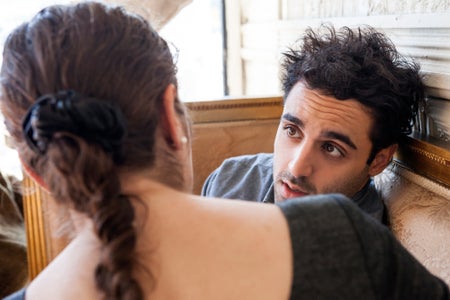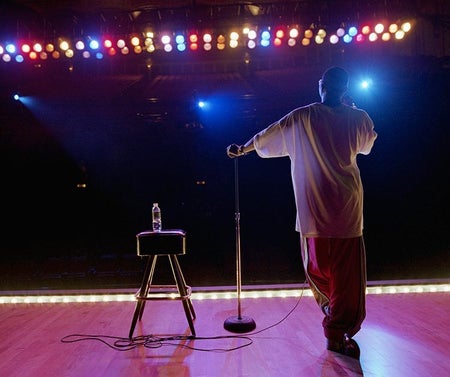
You Don’t Have to Start Young to Be a Great Musician
A new study refutes the idea that there is a critical learning period in childhood
Cindi May is a professor of psychology at the College of Charleston. She explores avenues for improving cognitive function and outcomes in college students, older adults and individuals who are neurodiverse.

You Don’t Have to Start Young to Be a Great Musician
A new study refutes the idea that there is a critical learning period in childhood

We Must Reduce the Trauma of Medical Diagnoses
If a diagnosis is not delivered with care, it can form an intense “flashbulb memory”

Does Music Boost Your Cognitive Performance?
The answer depends on your personality

Some Relief for Test Anxiety Is Found in an Unusual Treatment
Students were given placebos and told they were placebos, yet the intervention helped

How Curiosity Makes You Crave
The odd connection between a cliff-hanger and a candy bar

Life Advice: Don’t Find Your Passion
Study suggests meaningful work can be something you grow into, not something you discover

What Is Less Scary in the Dark?
There is a way that the dark makes us feel safer—and this has implications for our health

The Problem with "Learning Styles"
There is little scientific support for this fashionable idea—and stronger evidence for other learning strategies

How to Reconcile with a Romantic Partner
Study suggests the best strategy depends on gender

Mindfulness Training for Teens Fails Important Test
A large trial in schools showed no evidence of benefits, and hints it could even cause problems

Are Women More Emotionally Expressive Than Men?
A large multinational study provides some surprises

Students are Better Off without a Laptop in the Classroom
What do you think they’ll actually use it for?

Most People Consider Themselves to Be Morally Superior
A "self-enhancement" effect that can have negative consequences for all of us

How to Measure the Creativity of a 1-Year-Old
The Unusual Box test—and what it means

Why People Try Repulsive Things
The surprising power of curiosity

A Scientific Theory of Humor
The “entropy” of nonsense words is linked to their funniness, research finds

Rude Behavior Spreads Like a Disease
Scientists study the contagion of obnoxiousness

What It Takes for a "Beast" to Find a "Beauty"
The longer people know each other, the less physical attractiveness seems to matter

The Problem with Female Superheroes
From helpless damsel to powerful heroine, but still hypersexualized

The Secret of Better Meetings: Fun
Humor boosts the effectiveness of meetings, a study finds

For Couples, Success at Work is Affected by Partner’s Personality
Researchers identify the personality trait that plays a positive role

The Surprising Problem of Too Much Talent
A new finding from sports could have implications in business and elsewhere

A Learning Secret: Don't Take Notes with a Laptop
Students who used longhand remembered more and had a deeper understanding of the material

When Are Jokes about a Tragedy Funny?
Humor is tragedy plus time — but how much time?